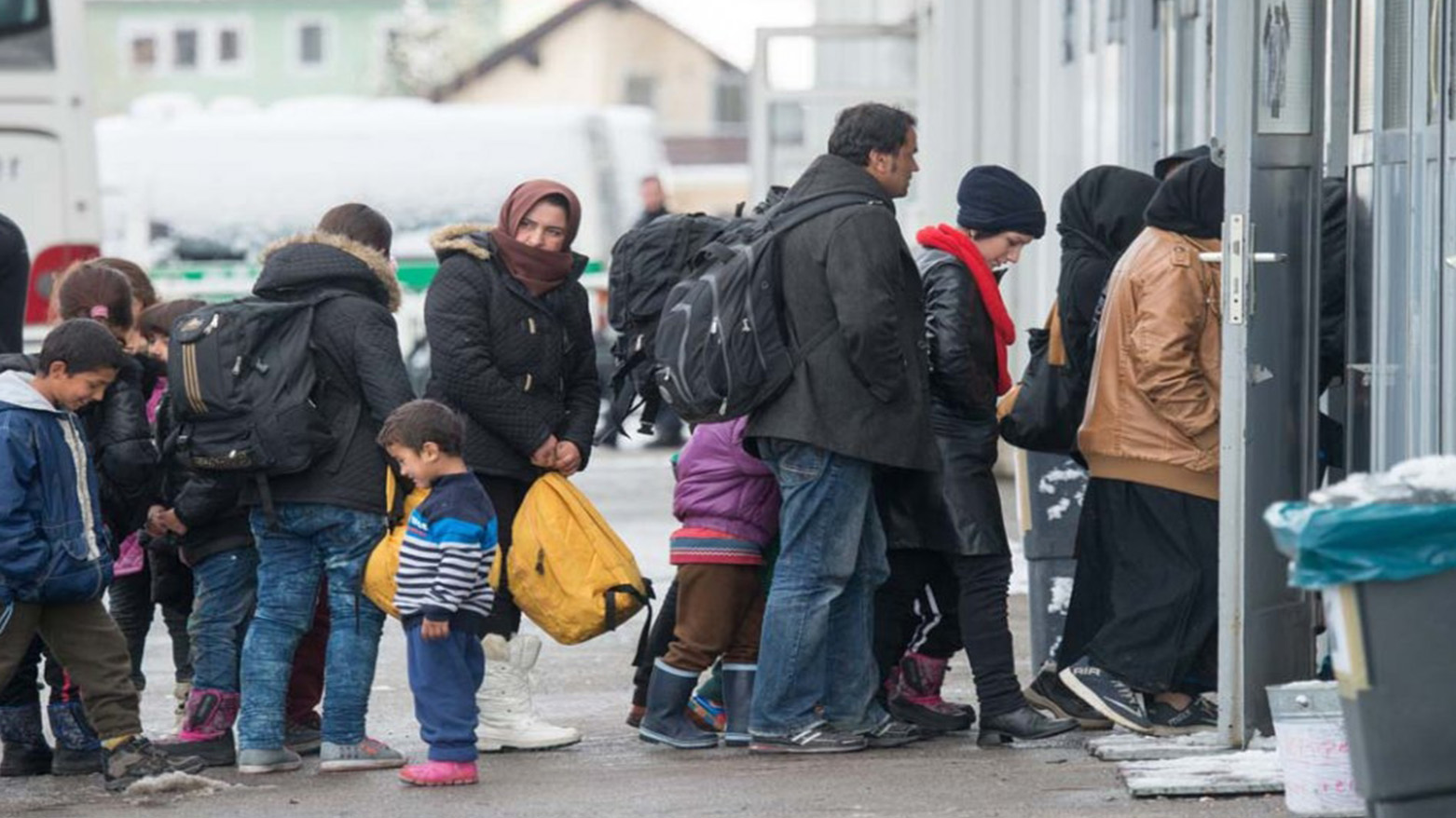German asylum applications jump in 2023

FRANKFURT, GERMANY (AFP) - The number of initial asylum applications in Germany rose more than 50 percent last year, official figures showed on Monday, as the country struggles with a surge in illegal migration.
A total of 329,120 such applications were lodged in 2023, compared to 217,774 the previous year, according to data from the federal office for migration and refugees.
Authorities decided on more than 260,000 asylum cases, with more than 50 percent approved.
The highest number of first applications came from Syrians with Turkey in second place and Afghanistan third, the figures showed.
The rising numbers showed that the government must "continue our course to limit irregular migration", said Interior Minister Nancy Faeser.
The figures triggered renewed criticism of the government's approach on migration, with the opposition CDU-CSU coalition saying they were "not getting to grips with the migration crisis".
The coalition government of Chancellor Olaf Scholz has faced huge pressure to stem the surge in illegal border crossings, which has revived memories of a major influx of arrivals in 2015.
It has taken a number of steps, including strengthening checks along its borders with Poland, the Czech Republic and Switzerland to combat people smuggling.
Facing calls for more help from local officials, Scholz announced a string a measures in November.
He tightened rules for asylum seekers, including reductions to financial help and speeding up the decision process on whether to take them in.
Irregular border crossings have also been rising elsewhere in the European Union. Last month, the bloc agreed to an overhaul of its asylum system that includes more border detention centres and speedier deportations.
While EU governments hailed the preliminary accord as "historic", migrant charities slammed the changes as dangerous.
